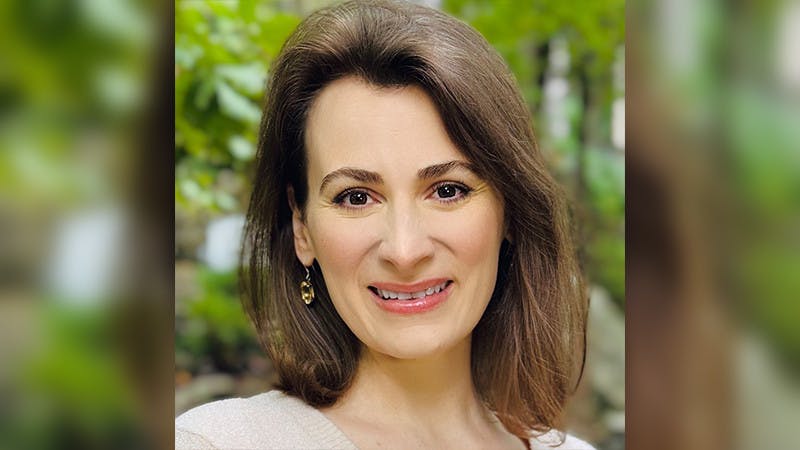
Associate professor of English and Africana Studies Salamishah Tillet joined professor Henry Louis Gates Jr. for a talk on race relations in modern America. | Courtesy of Wikimedia Commons
In an attempt to increase visibility on racial issues, esteemed professor Henry Louis Gates Jr. visited Penn to deliver a talk on race relations in modern America and introduce his upcoming documentary, "And Still I Rise: Black America Since MLK."
Speaking at the Penn Museum’s Harrison Auditorium, Gates focused on ideas of inclusivity and communication throughout the event, which included a short screening and a panel discussion involving multiple renowned black scholars.
Gates, a scholar of African American Studies and currently the Alphonse Fletcher University Professor at Harvard University, was joined by Camille Zubrinsky Charles, the Walter H. and Leonore C. Annenberg professor in the social sciences, and Salamishah Tillet, an associate professor of English and Africana Studies. James Peterson, the director of Africana Studies at Lehigh University, moderated the event, which was jointly sponsored by WHYY Radio and Penn’s own Center for Africana Studies.
The night began on a jovial tone, as Gates recalled his experiences as a budding academic, such as the African American history course he took with a “white Yale professor” as an undergraduate student, as well as his decision to withdraw from Yale Law School after only a month. Peppered throughout all these experiences, he said, was a “deep-found interest in exploring the culture of African Americans."
Following short screenings of teasers from Gate’s upcoming PBS documentary, the event moved to a four-person panel, including Charles, Tillet and Peterson, where the four analyzed both the historical changes for African Americans over the past half century and the problems that the nation faces as a whole, such as education and poverty.
The debate was not without some conflict. Charles argued that “no progress has been made since MLK” on the economic front for black Americans. Gates spoke out against the penal system and the current “war against African Americans."
“I want the audience to take away that there are Ivy League scholars creating incredibly innovative, multi-modal digital texts that we are now charged with getting into our classrooms and our communities," Peterson said. As the scholars viewed it, the most important task was not only identifying the issues facing communities, but also creating awareness of these issues.
"I felt that the study of African American culture and what’s going in the lives of African Americans shows how events have evolved and changed today, and that education is important," audience member Alisa Rashia said. "The more we know about our history, the more we are informed on both sides, the better decisions we can make."
The Daily Pennsylvanian is an independent, student-run newspaper. Please consider making a donation to support the coverage that shapes the University. Your generosity ensures a future of strong journalism at Penn.
Donate






